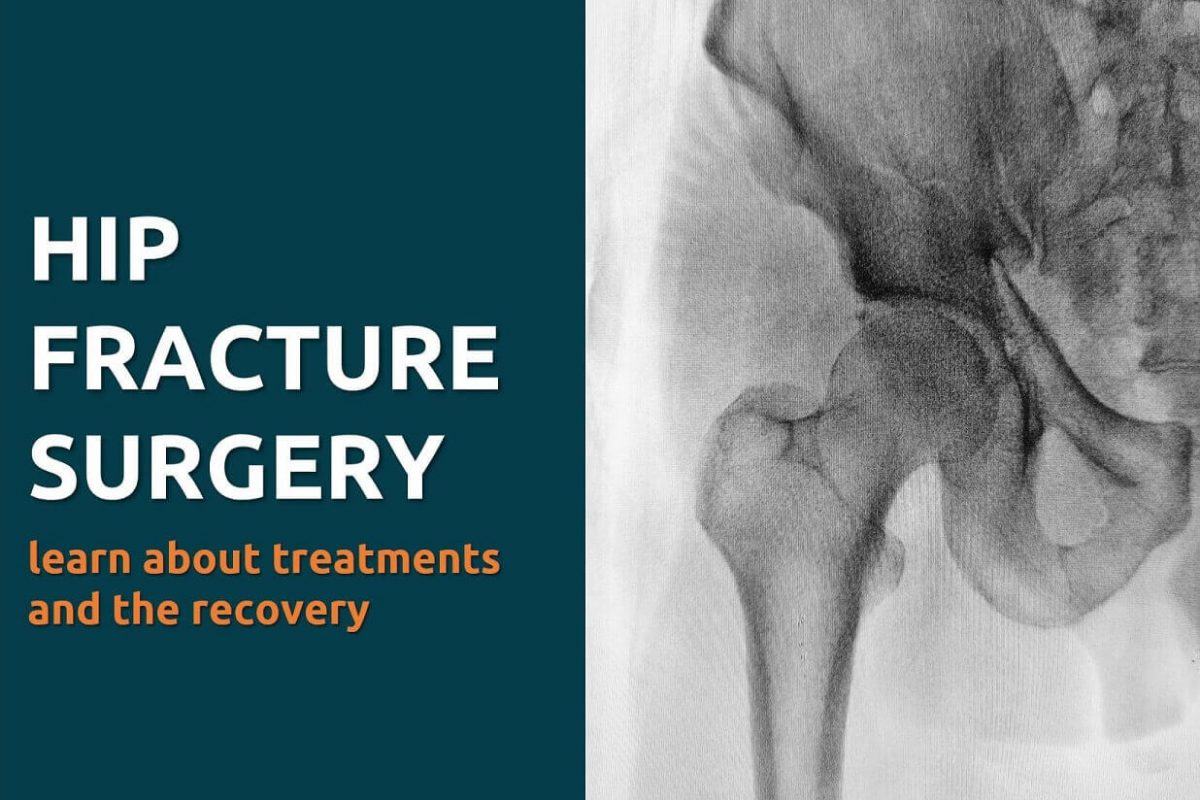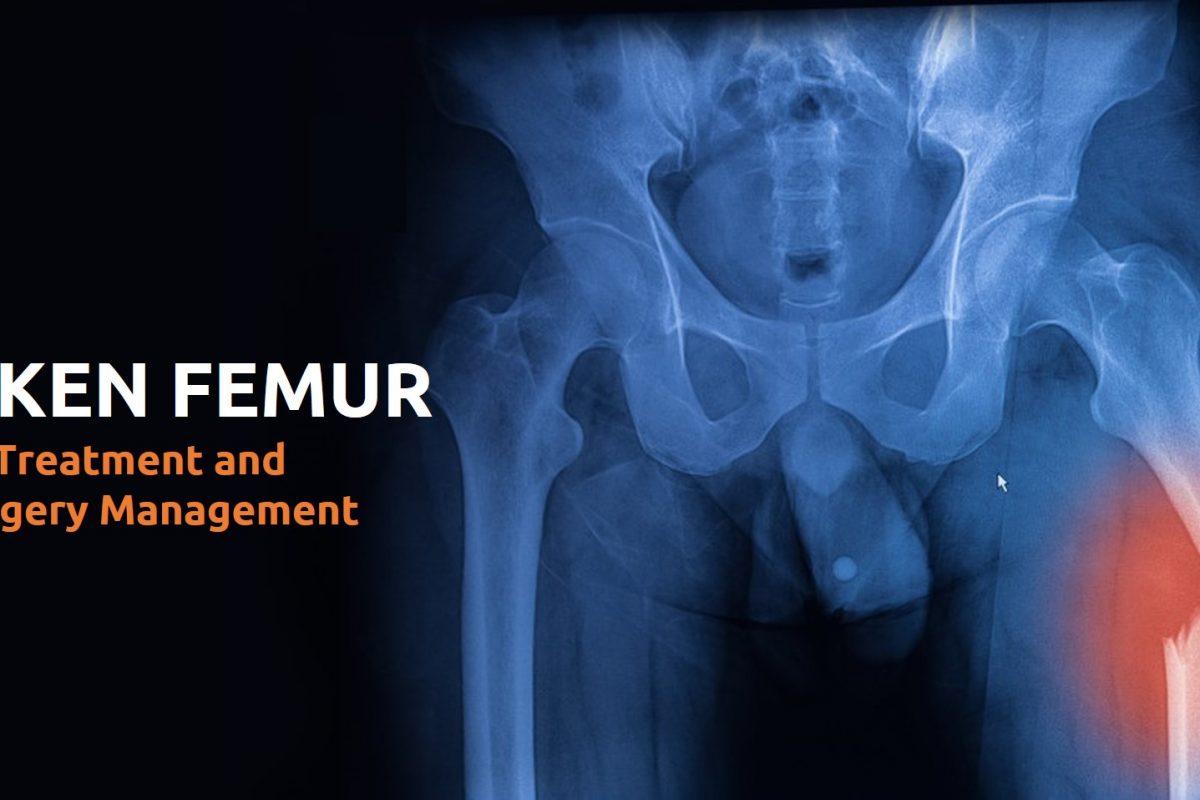What is a hip fracture?
A hip fracture is a break of the top part of the femur or thigh bone. These fractures usually result from high energy injuries such as car accidents in younger patients and most often from falls in the elderly patient.
Fact is hip fractures are among the most common types of broken bones, and once over the age of 65, a broken hip is the most common reason why people need a hip surgery.
Recovery process after a hip fracture surgery is something the person who sustained the injury and the family members of the patients are concerned majorly. Few questions they have, such as:
Is this major surgery worth doing?
What are the chances of recovery?
Is there any alternative way to treat the broken hip in elderly patient?
Read more to get answers for all these concerns.
Treatment of a broken or fractured hip
Almost all people who break or fracture their hip will require surgery to fix the problem. One of option could be hip replacement surgery, also known as total hip arthroplasty, a surgery to replace a worn-out or damaged hip joint. The treatment option varies depending on the location of the fractured bone and the patient who is injured.
Sometimes patients’ family prefer to go for nonsurgical treatments for these surgeries. While nonsurgical treatment for hip fracture may be an option for very sick or frail patients. But most all hip fractures of the femur bone will require surgery.
Optimal recovery from hip fractures
The best way to recover from a hip fracture is to get moving as soon as possible. Immobility opens the door to the possibility of significant complications. There are number of ways to accomplish hip surgery without any complications.
Most importantly, the surgery should be performed soon after the injury. Thanks to medical advancements, hospitals are getting better equipped at getting these patients with broken hips to an operating room on either the day of or the day after their injury.
Depending on the conditions of the patients or any medical issues, the surgery may be delayed. One such common situation is when an individual on blood-thinning medication fractures their hip. The blood-thinning effects may need to be reversed prior to safely performing surgery.
SEE ALSO: IT’S TIME FOR A HIP REPLACEMENT SURGERY – ARE THESE THE WARNING SIGNS?
Hip fracture surgery recovery
In order to get recovery, patient have to regain the following:
Mobility
In order for all joints to function properly, they need to move. Without proper movement, joints and the muscles cannot function properly.
Strength
Restoration of muscle strength is critical after breaking one’s hip. It is critical to get the muscles working as soon as possible after surgery to prevent potentially permanent atrophy of the muscle tissue
Balance
Recovery of balance is not only important to regain function but also to prevent further potential injuries. The use of ambulatory aids (canes or walkers) can be helpful.
Full healing of a broken hip can take many months. Usually, hip fracture takes 10-12 weeks for healing and much longer to regain muscle strength and mobility. Typically, within 6 months of the surgery, patient can get close to full recovery.
That said, one should not wait or delay for months or longer to be active in their recovery therapy. As time passes, the likelihood of regaining function declines. The strongest recovery are made early in the initial recovery process.
Wrapping up…
Hip fractures are serious injuries, and while full recovery is possible. For that reason, timely surgery, early rehabilitation, and patience for a long recovery are important, and hopefully, you or your loved one will be able to get back to all of the activities you enjoy!
Looking for a hip fracture surgery in Ahmedabad?
Dr. Rachit Sheth is a Consultant Orthopedic Surgeon in Ahmedabad, specializing in hip replacement surgery.
For more information or appointment, contact us.
Source/s:
Banner: www.unsplash.com


